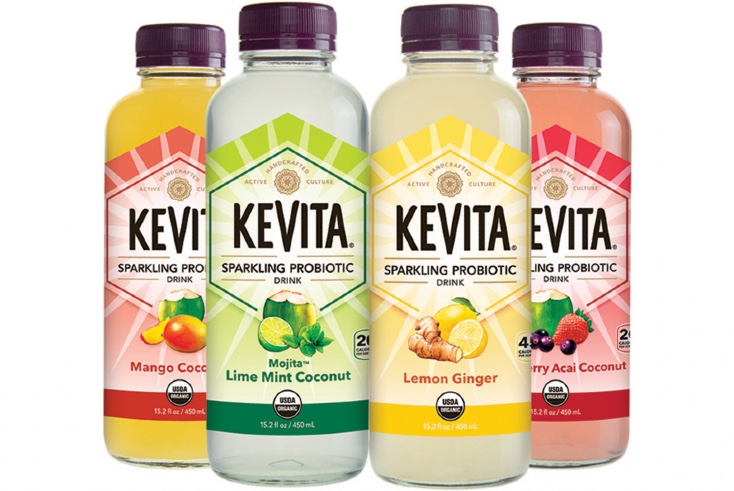Direct-to-consumer ecommerce at heart of reactive brand innovation

Huawei, PepsiCo and Mitsubishi have all revised their consumer engagement strategies as a direct result of the UK coronavirus lockdown.
The three brands, speaking during the virtual rendition of Festival of Marketing, each described how the consumer path-to-purchase has changed and how they’ve had to adapt.
Andrew Garrihy, global chief brand officer at Huawei Consumer Business Group, told viewers that the behavioural shift to online during lockdown has led the brand to “upscale our direct-to-consumer really quickly”.
He said: “In many markets around the world, a vast majority of our sales are through partners, but through lockdown we’ve seen a dramatic increase in direct-to-consumer, so we’ve had to manage that and innovate.”
Echoing Garrihy’s sentiments, senior innovation director of future brands at PepsiCo Karen Scott described how PepsiCo was forced to set-up direct-to-consumer sites in markets such as Spain, where it had not previously activated the channel.
Providing the example of kombucha brand KeVita, Scott explained that PepsiCo set up a direct-to-consumer website quickly, so that customers could get hold of the products, but also “to support the traditional trade owners who weren’t able to open.”
For automotive manufacturer Mitsubishi, the focus has not always been reactivity, with the brand historically focusing on long-term product launches. However, as Kimberley Gardiner, VP & CMO explained, “the pandemic has meant that people now look at cars very differently.”
This difference in consumer behaviour has led Mitsubishi to revise its engagement with consumers. Describing how the relationship has changed, Gardiner said that it was now about listening “literally every week, sometimes every day, to what is going on in consumers’ minds”.
Gardiner continued:“ How is this shifting over time? How do you really listen to what consumers are feeling about your product? Is it security and safety, is it confidence and trust, what is it about that which you can really tap into?”
When asked to unpack the key trends facing Mitsubishi going into 2021, Gardiner explained:“ You can’t put all your eggs in one basket. You’ve got to be flexible, you have to meet the consumer where they are.
“For us, it’s a huge transition in terms of ecommerce, because we’re much more traditional in terms of how we go-to-market in the past. I think you will see, several months from now, a really big step forward in terms of ecommerce and building in that flexibility to our model.
“We’ve had one shopping path, and one way to do things. It’s not going to be one way any longer, probably for many years to come. So if there’s a path we can take, it’s how do you simplify the process, how do you use ecommerce tools to meet the customer where they are?
Also commenting on upcoming trends for 2021, Scott explained, “the new normal is that you can’t expect trends to be now certain over a period of time. We need to stay very reactive, living in the moment, planning on a much shorter cycle than we’ve been used to planning.”
Agreeing, Garrihy added that “simplicity is critical. One of the key things for us, that this last six or seven months has helped us do, is get incredibly focused on what’s important. In terms of innovation, it’s all about meaningful, meaningful, meaningful. Getting back to those innovations that make a tangible difference to our consumers.”
Mediatel Events will be delving into the world of ecommerce during the Future of Brands: Ecommerce digital event, streaming on November 5. Register for free here.



